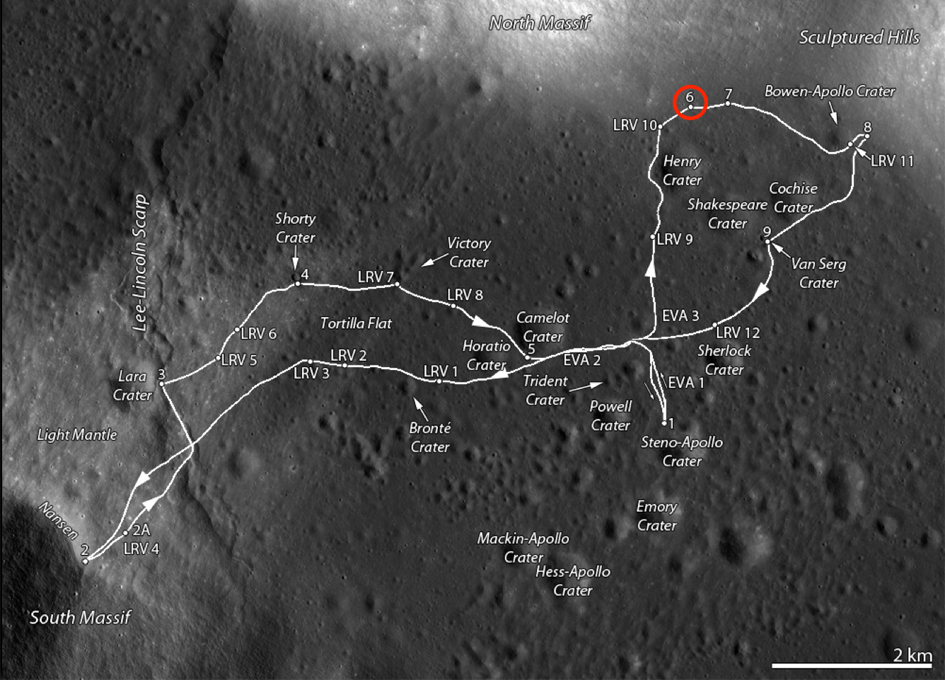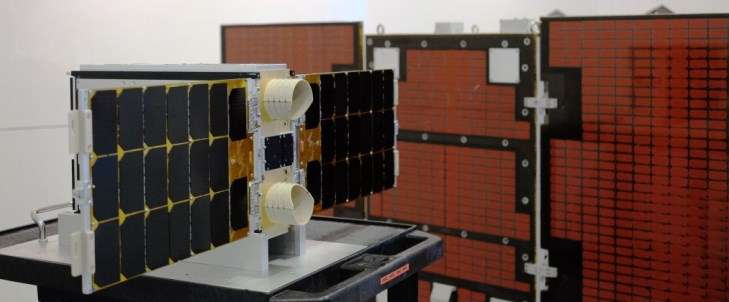 Moon Zoo citizen science project: preliminary Apollo 17 landing site results
Moon Zoo citizen science project: preliminary Apollo 17 landing site results
Moon Zoo is a citizen science project that utilises internet crowd-sourcing techniques.
Moon Zoo users are asked to review high spatial resolution images from the Lunar Reconnaissance Orbiter Camera (LROC), onboard NASAs LRO spacecraft, and perform characterization such as measuring impact crater sizes and identify morphological features of interest. The tasks are designed to address issues in lunar science and to aid future exploration of the Moon. We have tested various methodologies and parameters therein to interrogate and reduce the Moon Zoo crater location and size dataset against a validated expert survey.
We chose the Apollo 17 region as a test area since it offers a broad range of cratered terrains, including secondary-rich areas, older maria, and uplands.
OneWeb satellite startup to set up manufacturing in Florida
The company was created to provide satellite-based Internet access, and potentially other services, to large areas of the developing world that currently lack reliable and fast connections.
OnWeb is seen as a pioneering effort because a 50-50 joint venture between the fledgling company and Airbus seeks to assemble and launch more than 640 satellites by the end of 2019. OneWeb has contracts with European launch provider Arianespace SA to use 21 Russian-built Soyuz rockets.
New made-in-NTU satellite technologies pass space tests
 The two new satellites launched by Nanyang Technological University, Singapore (NTU Singapore) two months ago have successfully completed their first space missions.
The two new satellites launched by Nanyang Technological University, Singapore (NTU Singapore) two months ago have successfully completed their first space missions.
Experiments in space conducted by the two new satellites have proven the commercial viability of several new made-in-Singapore satellite technologies.
These new technologies include a space navigation system, precise and fast-locking GPS receivers and radiation resistant hardware.
The two newest NTU satellites are the VELOX-CI – Singapore’s first climate monitoring satellite; and VELOX-II, the world’s first small satellite which carries a “communication-on-demand” technology which can send data back to NTU anytime and anywhere in space.
A job opening for a Reverse Engineer, USfalcon (USA). USfalcon, recognized as one of the fastest growing, privately held companies in the United States, is seeking a Reverse Engineer to work out of Newington, VA to provide engineering support and technical direction for operations of a highly technical or complex nature. More information
Contribute to space exploration by participating in the Trillian project. Trillian’s aim is to bridge the gap between astrophysical models and the vast amount of publicly available astronomical data. There are two ways to contribute: either with your software or with astronomy skills. More information
